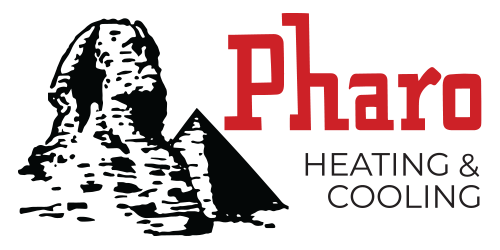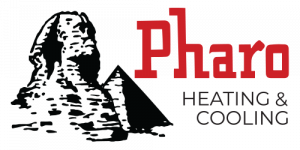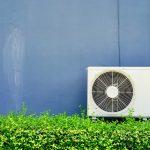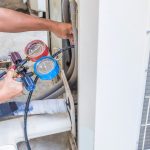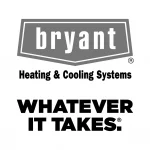FALL 2017 NEWSLETTER VOLUME 9 NUMBER 2
Noises In Your HVAC System
Is your house making noises when your heating or cooling (HVAC) system is running? Are you hearing popping, banging, rattling, or squealing noises? Use this guide to help you identify those noises in your HVAC system so you can better understand where they are coming from and what can possibly be done to remedy them.
The first step would be to locate the noise so you can better understand what is causing it. Your HVAC system consists of many components; including the furnace (air handler), air conditioner, ductwork, registers and return grilles, vents, air filter and more. Any of these components have the potential to cause noises, but we can generally narrow in on one or two depending on the noise.
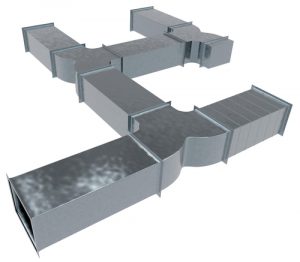
Duct noises is one of the most common noises you may hear. Most ductwork is fabricated from sheet metal and travels throughout the house. Sheet metal ductwork can cause all sorts of noises, including:
- Popping, Banging & Booming: these sounds are caused by ductwork shrinking and expanding due to changes in temperature. Sometimes the ductwork can be adjusted to prevent these noises.
- Shaking & Vibrating: if there is a high static pressure due to restricted airflow, or an in-balanced blower wheel, it can cause the furnace to shake, knock or vibrate.
- Rattling: these noises are generally from loose dampers or duct connections, which causes metal on metal rattling. As long as it’s not buried in drywall, these noises can normally be repaired by make some slight adjustments.
Furnace (or air handler) noises can be the result of several different things, but some may require immediate attention for safety reasons. If your furnace is making any of these noises, then it is probably time for it to be serviced:
- Squealing, Grinding & Scraping: these noises are normally linked to the blower motor/wheel. A squealing noise may just mean that the blower needs to be pulled out and cleaned, or adjusted to be in alignment; versus a grinding or scraping noise may be a bit more serious and mean the blower is failing.
- Rumbling: a rumbling noise could indicate a bad heat exchanger, which is the core of the furnace and generally means replacement of the furnace. A failing heating exchanger can be dangerous due to the release of Carbon Monoxide (CO), so it is important to address this right away.
- Knocking: this can be the result of the expansion and contraction of metal during the startup of the furnace. It may also be the result of dirty burners or a bad gas valve.
- Huffing & Puffing: these noises are generally related to the burners not working properly, which could be a result of dirty burners or a bad gas valve.
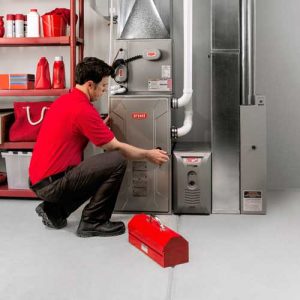
Air conditioning noises can be expensive to repair but generally are not a safety concern like those coming from your furnace. Some of the more common noises with your A/C system may include:
- Humming: this is most likely the result of the capacitor starting to fail, or a bad fan motor.
- Rattling: could be due to loose hardware or a failing fan motor.
- Squealing: a slight squeal noise when the system is just starting up is normal, but if that noise continues, it could be a bad compressor or a failing motor, so it is generally going to require a visit from a service technician and possibly an expensive repair or replacement of the unit.
There are a few other areas that you may be hearing noises when your HVAC system is running, and here are a few of the most common ones we come across:
- Clicking: clicking noises could be the result of multiple things. Your thermostat will make a slight clicking noise when there is a call for heating or cooling, and this is normal. However if your furnace or A/C unit makes repeated clicking noises, it could mean that it is trying to turn on but can’t for some reason, so it keeps trying. If this is happening, we recommend having a service technician look at it.
- Whistling & Blowing: whistling noises generally mean there is a restriction in airflow and there is too much air trying to go through a constricted space. For example, a return grille that is trying to pull too much air through it. It could just take some balancing of airflow, or you may have a ductwork issue.
It is important to know that some noises are normal with the operation of your HVAC system. There are a lot of components that are working together to keep you comfortable, so there will be some noises, although with a new furnace should be minimal. These noises can sometimes be hard to track down, so if they are really bugging you, then it may be time to reach out for some help from a trained and experienced service technician. Pharo Heating & Cooling is here to help, so feel free to reach out by phone 608.849.5410 or through our website at PharoHeating.com.
